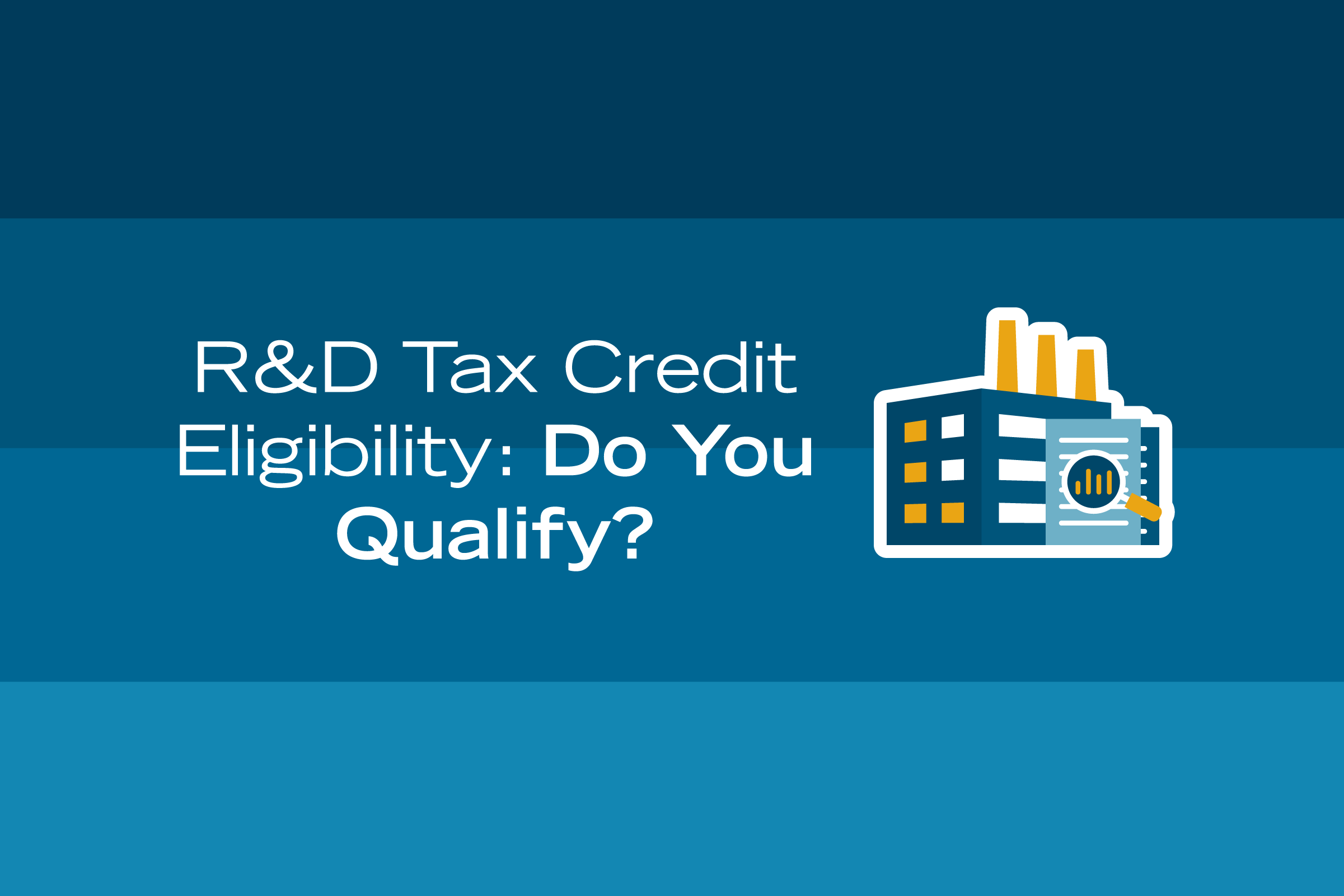A Quality of Earnings Analysis: What It Is, and Why Buyers Need It
- Contributor
- Marc Berry
Dec 13, 2024
There is often more than meets the eye when it comes to the financial statements of small and midsized privately held businesses. If you are considering taking your business to market, you can expect the due diligence stage to include a quality of earnings (QoE) analysis. The following is a primer on this important part of the diligence report.
| 1. What is a QoE analysis? | Quality of earnings is a measure of risk. A QoE analysis uncovers potential risks a buyer might encounter by analyzing the accuracy and sustainability of the company’s earnings. The study is performed by transaction advisory service professionals typically found in an accounting firm. |
| 2. Why do buyers require a QoE analysis? | Most buyers of middle-market businesses will require a financial diligence report, with a QoE analysis being the most crucial piece. While financial statements play an important role in M&A transactions, savvy buyers and investors tend to seek out a professionally prepared diligence report. Financial statements offer a snapshot view of a company’s earnings, but there are many reasons why the income shown at a certain point in time might not be sustainable over the long term. A QoE may be needed to provide a clearer picture of revenue stability, future earnings potential, and the free cash flow the business may drive. |
| 3. How is a diligence report different from an audit*? | A diligence report can uncover accounting problems with generally accepted accounting principles (GAAP), as can an audit. But whereas an audit typically focuses on the company’s balance sheet, the QoE analysis in the diligence report emphasizes recurring and substantiated earnings — typically EBITDA (earnings before interest, taxes, depreciation, and amortization). A diligence report will also show the users what the recasted or pro forma financial statements look like after adjustments. |
| 4. What can I expect to see in a diligence report? | The report typically includes an overview of the company and several sections that analyze its assets and net earnings, including an in-depth look at EBITDA and cash flow. In addition, the report generally touches on the following: • Revenue recognition • Gross profit trends • Operating expense structure • Operating assets and liabilities, including net working capital requirements • Reconciliation of cash to EBITDA • Other risks or findings that may impact the transaction |
| 5. What makes earnings “high quality”? | In general, high-quality earnings are stable over multiple reporting periods and afford the company ample free cash flow. Revenue that is less predictable, less sustainable, or less certain typically means lower-quality earnings. |
| 6. What makes earnings “lower quality”? | Lower-quality earnings may not indicate a problem or suggest that the business itself is of lower quality. Uncertainty can reflect a one-time cash influx that reflects well on the company’s financial strength despite its nonrecurring nature. The industry in which the business operates can also affect the nature of perceived risk of revenues and earnings. Common reasons for lower-quality earnings include: • Macroeconomic factors, such as high inflation • Large, non-recurring expenses • One-time revenue • Aggressive accounting or overly optimistic financial forecasting • Deferred repayments of debt • Earnings that are low relative to the cost of capital • High amounts of accounts receivable or other unrealized revenue • Low cash reserves • Problems with GAAP reporting • Related-party transactions • Stock buybacks • Deferred capital investments |
| 7. How could a QoE analysis help me sell my business? | If you’re preparing to sell your business, consider hiring qualified transaction advisors to deliver a diligence report including a QoE analysis before putting it on the market. If the report reveals risks and financial weaknesses that would make buyers and investors think twice, you will be able to correct course before opening the business up to outside scrutiny. On the other hand, a QoE analysis that reveals stable revenue and predictable earnings can facilitate a quick transaction by preemptively answering buyers’ questions and allaying their concerns. |
Get the Best Purchase Price for Your Business
A QoE analysis is a valuable tool that can help buyers and sellers of private businesses settle on a fair price. If you’re preparing to sell your business, reach out to your CRI advisors to discuss the specifics of your transaction and whether a diligence report and quality of earnings analysis is warranted.














































































































































































































































































































































































































































































































